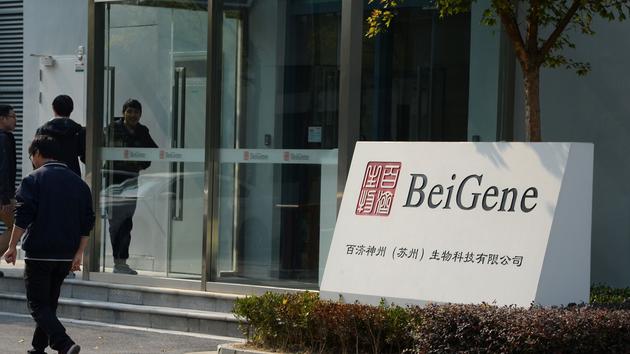Brukinsa, one of the first Chinese medicines approved on the Old Continent, symbolizes the rise of the pharmaceutical industry of the Middle Empire. This anticancer drug developed by the biotech BeiGene received the green light from the European Medicines Agency at the end of November. Brukinsa, now approved in around 40 countries, will help treat patients with a rare form of lymphoma. In Europe as in the United States (where it was approved in 2019), it will compete with Imbruvica (AbbVie and Janssen) and Calquence (AstraZeneca). BeiGene is banking on both the effectiveness of its drug and its limited side effects compared to those of its rivals.
Biotech, one of the most promising of the Middle Kingdom, was co-founded in 2010 by an American, John V. Oyler, veteran of biotechs, and a Chinese, Xiaodong Wang, renowned researcher trained in the United States.
Specialized in cancer (10 million deaths and 19.3 million new cases in 2020),
This article is for subscribers only.
You have 72% left to discover.
To cultivate one's freedom is to cultivate one's curiosity.
Continue reading your article for € 1 the first month
I ENJOY IT
Already subscribed?
Log in

